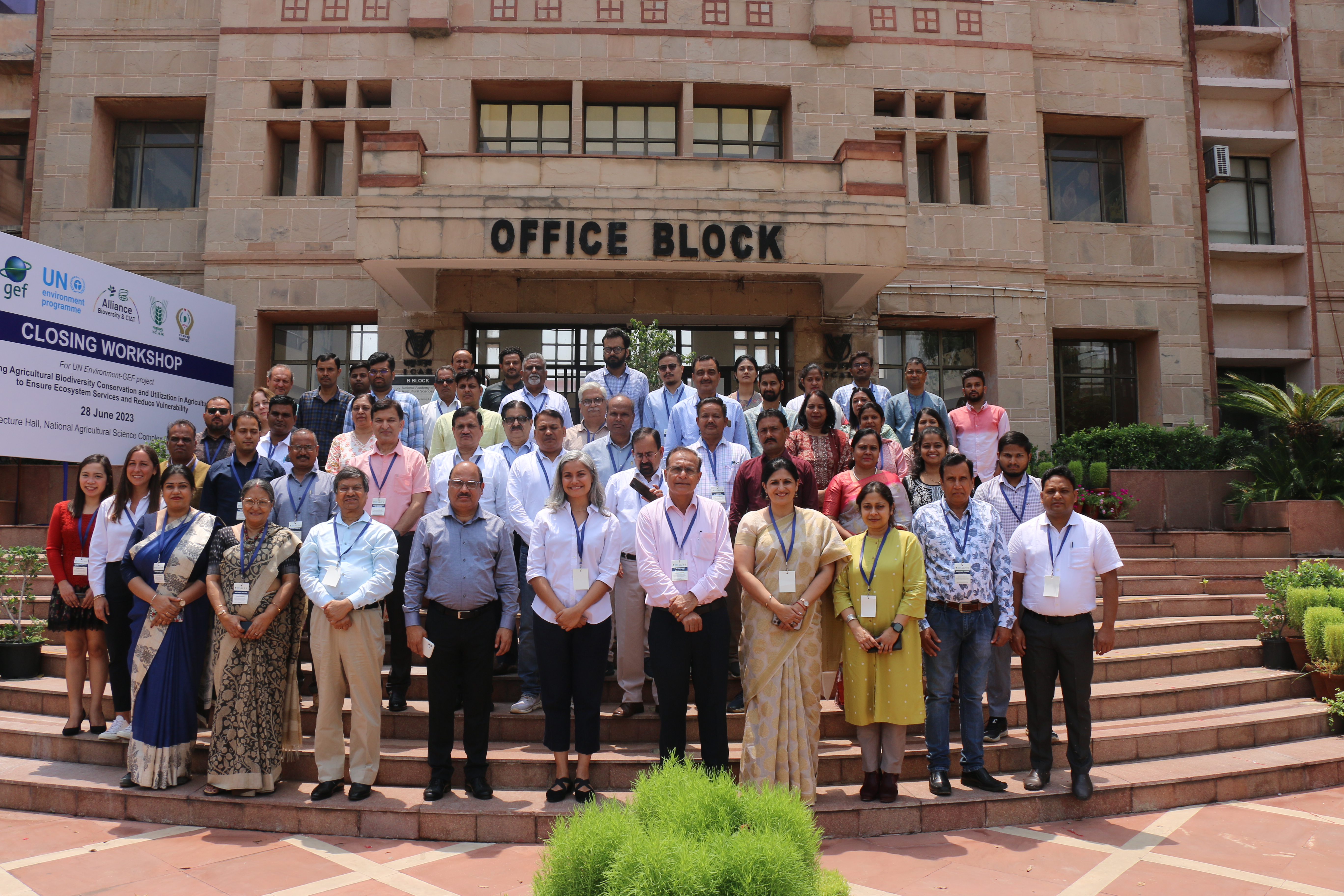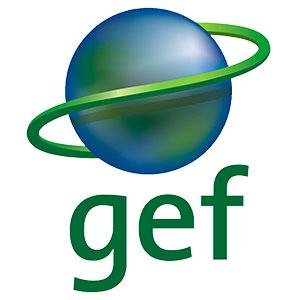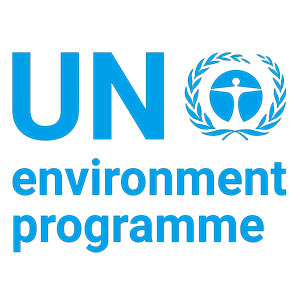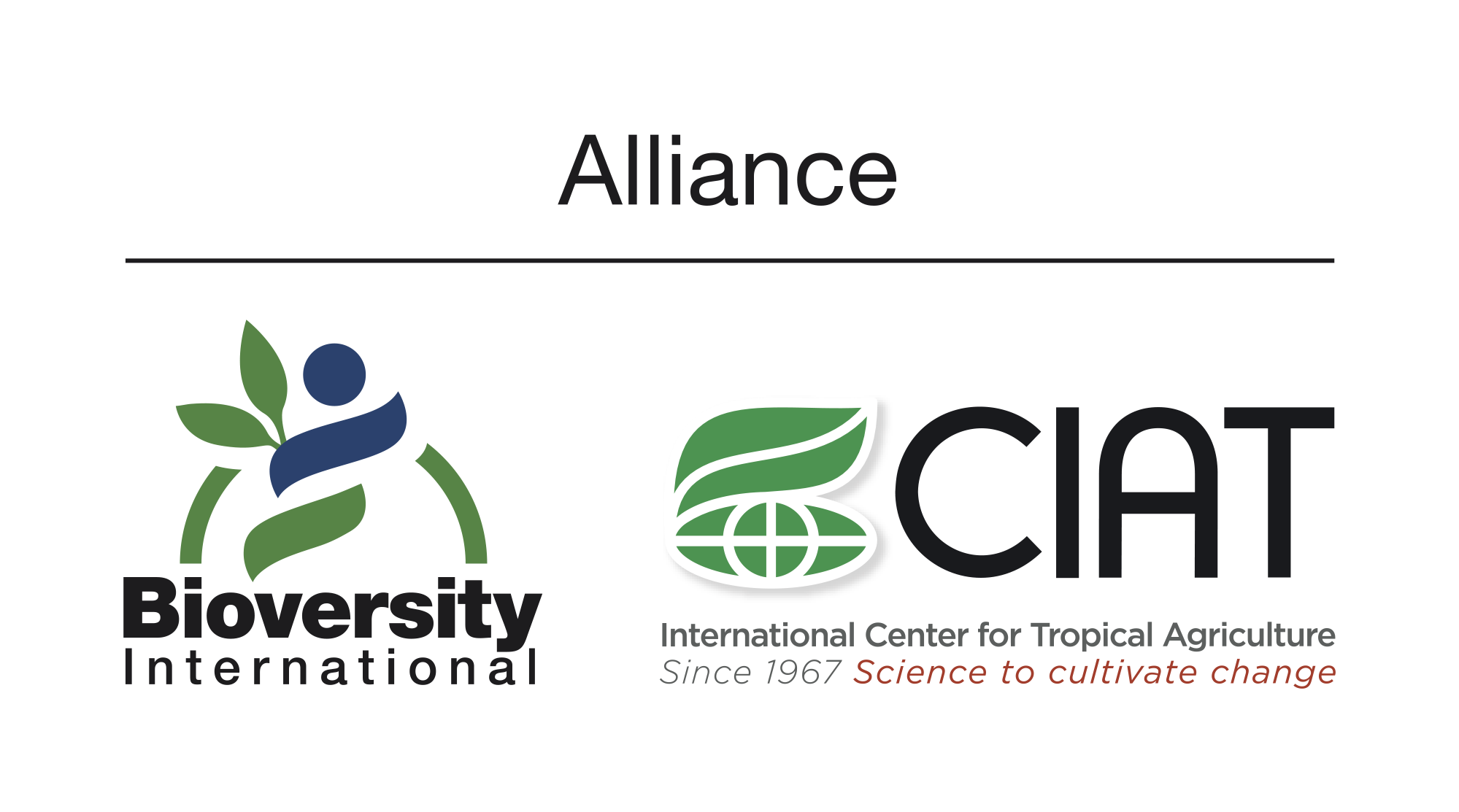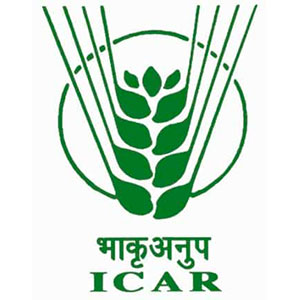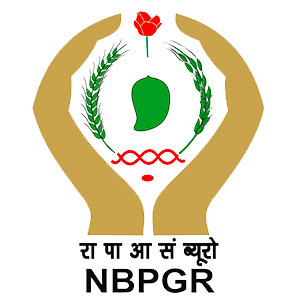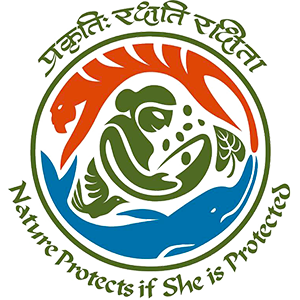On 11 July 2023, UN Environment implemented GEF project ‘Mainstreaming agricultural biodiversity conservation and utilization in agricultural sector to ensure ecosystem services and reduce vulnerability’ being implemented by The Alliance and ICAR came to an official close.
The Closing Workshop for the six and half year long project was held on 28 June 2023 at New Delhi, India. The program began with Dr Sarika Mittra, Consultant, The Alliance of Bioversity International and CIAT welcoming the guests. The closing workshop was attended by representatives from 17 partner organisations(https://alliance.indiaagrobdunepproject.cgiar.org/partners ) from four agro eco-regions of India. Representatives from each organization made a presentation on their work and salient achievements during the project life cycle.
Ms Kavita Sharma, Task Manager, Biodiversity Land Degradation Unit, UN Environment attended the workshop in person and was satisfied to see that the project has surpassed the targets and milestones set in the project document especially on developing value chain and market linkages to native varieties not only to plough them back from gene bank to farm but ensure income and livelihoods of farming communities.
The workshop was also attended by senior consultants who have contributed to the project at different stages like Project Preparation Grant(PPG) phase, Mid Term review and achievement of various project outcomes. Four staff from headquarters of Alliance also attended the workshop and were happy to see the impact of the work that they have been supporting from the backend.
Various value chain products developed as part of the project were also at display during the workshop. The products were highly appreciated, and the project management team was congratulated for the successful outcomes.
Dr Jai Rana, India Country Representative, The Alliance, shared the highlights of the project. He shared that through this project, to enhance genetic diversity on farm, 4278 native varieties of 20 crops were tested in 759 participatory variety selection (mother) trials and 5028 baby trials. The trails led to farmers identifying 233 varieties of different crops as the most potential varieties suitable to their diverse needs. To strengthen the informal seed systems, 29 community seed banks were developed at 17 project sites and are conserving >3000 native varieties. For adopting best practices at community level, 498 farmers were trained and designated as Champion farmers, 160 Self Help Groups (SHGs) were created with member ship of 2388 of which 1798 women and 590 men farmers that are closely working with 25 Farmer Producer Groups and 23 start ups / private companies on value addition and product development for improved adaptation and livelihoods. In total, 14,483 farmers comprising 8388 men and 6095 women farmers are using crop diversity 233 varieties for improved adaptation and livelihoods as a result of the project. Presently, the area under potential varieties is around 45,000 ha and expected to expand to 85,000 ha by 2023 by involving ~30,000 farmers. In order to generate awareness and to enhance farmers’ skill on agrobiodiversity conservation and use, 299 trainings, 236 awareness workshops, 219 field days, 267 framers interaction meetings and 54 cross learning exposure visits were organised wherein 12456 framers comprising 7393 men and 5063 women participated.
The workshop concluded with vote of thanks by Sonal Dsouza who has been providing management support to the project.
